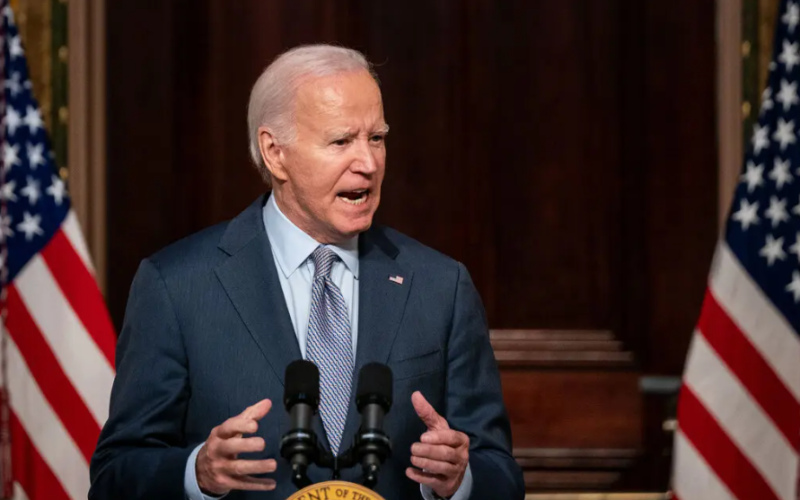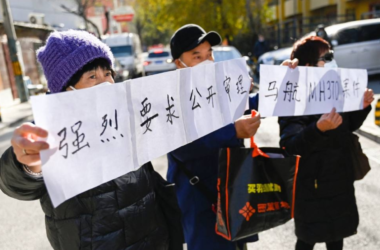In a recent televised interview, President Joe Biden laid out a two-fold vision, emphasizing the need for both the elimination of Hamas, the Palestinian militant group, and a clear pathway to establishing a Palestinian state. This nuanced stance, outlined during an episode of CBS’ “60 Minutes,” delves into the intricate dynamics of the Israeli-Palestinian conflict.
The core elements of President Biden’s stance include:
- Hamas Neutralization: President Biden underscores the necessity of fully eliminating Hamas, emphasizing that the group does not represent the entirety of the Palestinian population. While recognizing the significance of addressing security concerns, he also advocates against an Israeli occupation of Gaza.
- A Path to Palestinian Statehood: In the same breath, President Biden endorses the idea of a Palestinian state. He highlights the importance of having a Palestinian Authority and a clear road to statehood. This resonates with longstanding U.S. support for a two-state solution, allowing an independent Palestinian state alongside Israel.
- The historical context of the Israeli-Palestinian conflict and the complex issues surrounding it were not overlooked.
- Decades of Struggle: The interview acknowledges that for many decades, the United States has maintained a strong alliance with Israel. Yet, this partnership has been tempered with support for a two-state solution, aiming for the coexistence of an independent Palestinian state and Israel.
- Shared Holy City: One of the enduring challenges in this conflict has been the overlapping claim to Jerusalem. Both Israelis and Palestinians consider this holy city their capital, further intensifying the dispute.
- U.S. Diplomacy: Over the years, U.S. presidents have attempted to navigate the complexities of the Middle East by pursuing a two-state solution, although success in this endeavor has varied.
- Protection of Innocent Civilians: The White House National Security Advisor, Jake Sullivan, echoed President Biden’s sentiments by emphasizing the paramount importance of safeguarding innocent civilians in the midst of the conflict.
- Humanitarian Crisis in Gaza: The Gaza Strip, under Hamas’ control since 2007, has now become the epicenter of a dire humanitarian crisis. Scores of civilians, including American citizens, are stranded without access to essentials like food, water, medical services, and shelter.
- U.S. Support for Israel: The United States, in the wake of Hamas’ October 7 attack, swiftly expressed its support for Israel’s efforts to defend itself. The U.S. has mobilized resources and humanitarian aid to address the urgent needs in the region.
- No U.S. Troops: Crucially, President Biden made it clear that he does not view the deployment of U.S. military troops as a necessary measure to bolster Israel’s counteroffensive.
The interview reflects the administration’s comprehensive approach to a deeply entrenched conflict, advocating both immediate security concerns and a long-term resolution focused on Palestinian statehood. As the situation unfolds, President Biden’s position aims to strike a balance between addressing the current crisis and promoting a broader vision of coexistence in the Middle East.








